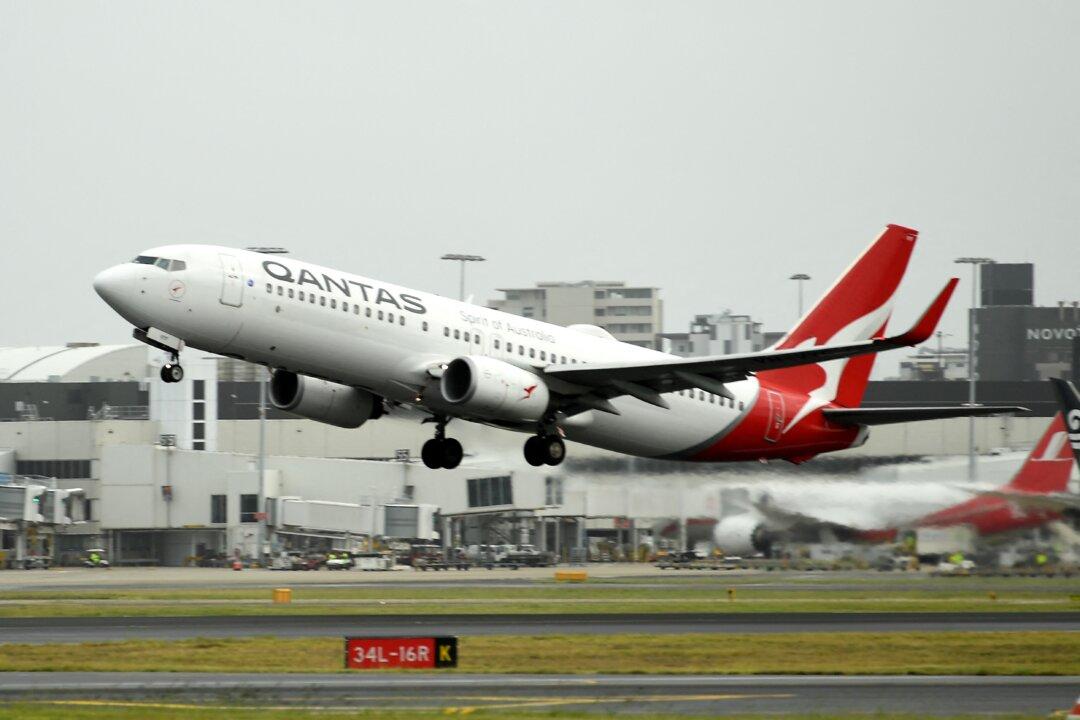SYDNEY—Qantas Airways Ltd. will seek to terminate contract terms with long-haul flight attendants, the carrier said on Thursday, in a move that would bring large pay cuts, after union members voted against more flexible rostering.
Qantas said it was the first time in its history it had sought to terminate an employment terms agreement, or a contract between employers and unions, which is a rare and heated move in industrial relations in Australia.





